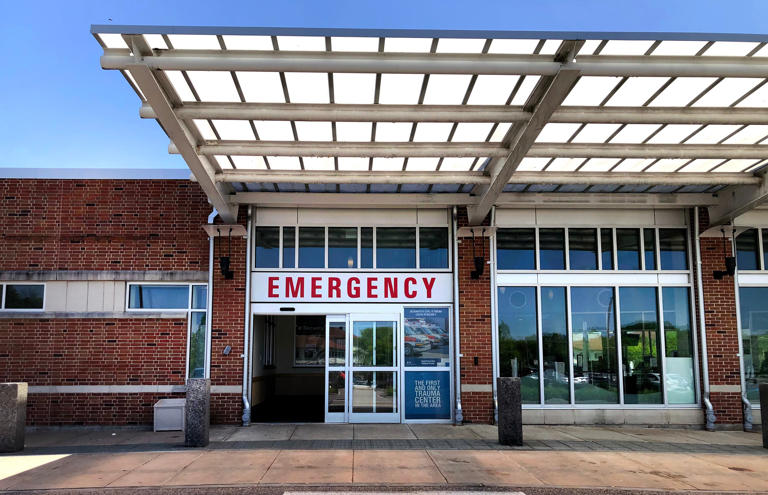The sale of Steward Health Care hospitals amid bankruptcy proceedings represents a pivotal moment that could reshape healthcare delivery across Eastern Massachusetts. With Steward facing financial turmoil, exacerbated by significant rental obligations and the impending sale of its physician network, prospective buyers are grappling with a complex acquisition landscape. These hospitals, having sold their real estate to Medical Properties Trust (MPT) in 2016 for $1.2 billion, now contend with hefty annual rents exceeding $100 million, obligations that extend well into 2040, and a shared lease ownership structure with Macquarie Infrastructure Partners since 2021.
The unique challenges posed by the lease agreements have deterred many potential bidders. Unlike most hospitals in Massachusetts that own their facilities outright, Steward’s hospitals operate under a tenant model, paying substantial rents that significantly impact their financial viability. This setup not only restricts flexibility in cost management but also complicates strategic decisions for prospective buyers who must navigate lease renegotiations and potential operational disruptions if lease terms are altered.
Moreover, Steward’s decision to sell its physician network, Stewardship Health, introduces further uncertainty. This network, which manages hundreds of primary care doctors and clinicians across Massachusetts and other states, plays a crucial role in patient referrals and care coordination. A sale to a competitor or an independent operator could potentially disrupt established referral patterns and physician relationships, thereby impacting patient volumes and revenue streams for the hospitals.
Despite these challenges, the hospitals offer intrinsic value to potential buyers. They come with established patient bases rooted in their local communities, operational licenses that permit the delivery of healthcare services, and a dedicated workforce comprising skilled medical professionals and support staff. These assets, combined with existing medical and office equipment, supply contracts, and relationships with health insurers, provide a foundation for continued operation and revenue generation.
The upcoming auction to sell these hospitals will not only determine their future ownership but also shape healthcare access and affordability in Massachusetts. Hospital systems considering bids, such as Southcoast Health and Lifespan Health System, are evaluating the financial risks against potential rewards of expanding their service footprint. The strategic acquisition of these hospitals could bolster their market presence, enhance service offerings, and potentially yield long-term financial benefits if managed effectively.
Community stakeholders and healthcare advocates emphasize the critical role these hospitals play in providing essential medical care, particularly in underserved areas. Concerns about potential closures and the impact on patient access underscore the urgency for state officials and regulators to facilitate a smooth transition and ensure continuity of care. The involvement of Governor Maura Healey’s administration in negotiations with landlords and potential buyers highlights efforts to safeguard healthcare access and mitigate community impact.
As the auction date approaches and bids are finalized, the outcome will hinge on the willingness of buyers to navigate financial complexities, negotiate with stakeholders, and commit to preserving healthcare services. The resilience of these hospitals, supported by loyal employees and longstanding community ties, underscores their potential to rebound under new ownership committed to sustainability and patient-centric care.
